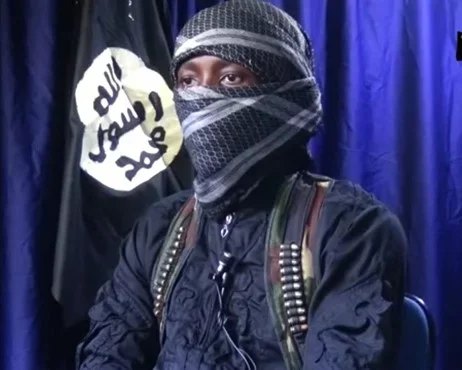

MALIK Samuel, a researcher at the Institute for Security Studies (ISS), South Africa, has provided firsthand perspectives on the primary factors driving the recruitment of new members by the Boko Haram terrorist organisation in Nigeria’s North-East.
Samuel, who also worked as a journalist, told The ICIR in a phone interview on Thursday, June 7, that while there could be other factors, the group’s recruitment strategy was primarily based on religious ideology and the conscription of new members.
Shedding more light on the group’s recruitment strategy, he noted that at its early stages, people were given two options: being killed or joining the terrorist group.
“Beyond the preaching by the organisation, Boko Haram also got many of its members by force,” he said.
“During the peak of the crises, when they were chased away from Maiduguri into communities and remote villages, the raids and attacks on these affected places also saw people forcefully recruited. People were given the option of either joining or getting killed. And in many instances, young men saw their parents being slaughtered either because of their refusal to join or their parents refusing them to. In many cases, some of these fighters had no choice but to join the group.”
He stated those young men were not the only ones conscripted, children in their early teens and primary school ages were also forcefully taken away from their parents and villages into the Sambisa forest for radicalisation by Boko Haram.
Samuel listed other factors, such as economic prosperity and protection from being killed by Boko Haram and security operatives, as reasons people join the dreaded terrorist group.
“Apart from religious preaching and forceful adoption, the prospects of economic prosperity drove the recruitment exercise of Boko Haram. People were being incentivised- a lot of young boys were given money and motorcycles. And for people, who had no jobs or money, they were employed and given money. Some were given N200,000, N50,000 and then motorcycles. People saw these economic prospects and voluntarily joined because the group met their basic needs.”
“Protection was another reason. Some of these people joined the group to protect themselves and their loved ones from being killed by the group. I had mentioned earlier that people were given the option of either joining or getting killed. And those who have seen people killed for refusing to join had no option but to join. Usually, when the terrorists carry out raids on communities and villages, they spare families of their fighters, who are usually in the bush or somewhere else fighting.”
“Similarly, people also joined to seek protection from security operatives and the government’s responses to Boko-Haram’s activities. Initially, when the conflict started, many people, including young men, were arbitrarily raided by security operatives and tagged Boko Haram members. Families and friends of those that were extra-judicially killed by Nigerian security operatives had to join the Boko Haram to seek revenge and for their personal protection.”
|